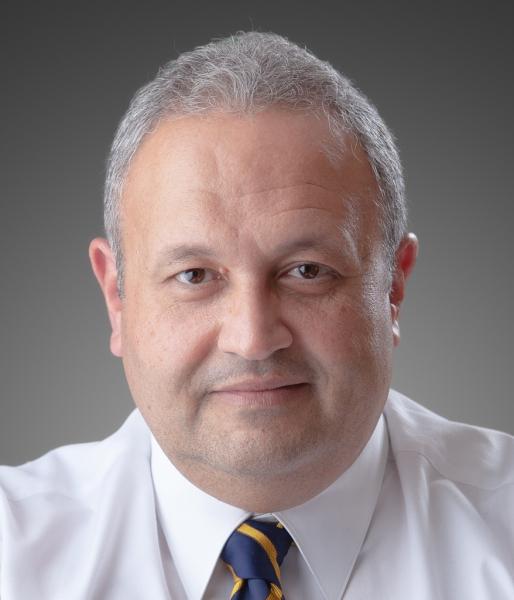Garnett Genuis writes: Reviewing Bill C-7 on euthanasia

I’ve been getting a lot of calls about the government’s recently re-introduced euthanasia bill (officially called “medical assistance in dying” in the Criminal Code in Canada). Prior to the prorogation of Parliament in August, Parliament briefly debated Bill C-7. Following prorogation, on Oct. 5, the government re-introduced the same bill in identical form. This bill would significantly expand the availability of euthanasia in Canada and remove safeguards that the government described as vital only four years ago. Parts of this bill respond to a Quebec court decision. The Truchon decision struck down the requirement that death be “reasonably foreseeable”. The government could have appealed that decision to the Supreme Court, but instead chose not to and simply adopted the lower court’s decision into law. Unfortunately, the government also went further and chose to remove additional safeguards that are completely unrelated to that court decision. There are three ways that this bill removes safeguards that are unrelated to the Truchon decision: First, this new law would effectively allow for “same-day death”. In other words, it would allow a person to undergo death the very same day that the person requests it. The law achieves this by removing the current ten-day reflection period, which can already be waived in certain circumstances. This change raises the concern that a person, experiencing a significant but temporary low in their condition, could be rushed through the euthanasia process without having time to fully consider their options or to receive other forms of support. Secondly, this new law would allow death without contemporaneous consent. If a person had made a request in advance, there are certain circumstances in which a person could have their life ended without having a chance to change their mind at the last moment. This is a problem especially insofar as people may adapt to circumstances in ways that they had not previously expected. Thirdly, this proposed law would alter the requirement for two independent witnesses. Reducing the number of independent witnesses from two to one increases the risk of abuse. It’s hard to imagine that the requirement of a second independent witness would amount to a serious impediment for those seeking to be euthanized. Aside from the particular provisions of this legislation, the government’s focus on this issue raises questions about the government’s priorities. COVID-19 has revealed many gaps in terms of long-term care and palliative care in Canada. It has been shown that, in many cases, seniors who wish to stay alive and want to have any pain they experience managed effectively are not receiving the support that they need. It’s hard to argue that this is about “autonomy” when so much emphasis is put on making one choice (death) easier, but there is not a commensurate focus on making the other option (life) easier. People do not make choices about euthanasia in a vacuum – they consider the alternatives that are in front of them. So we need to do better to ensure that our seniors have the true options they deserve I welcome your continuing feedback on this important and challenging issue.


















